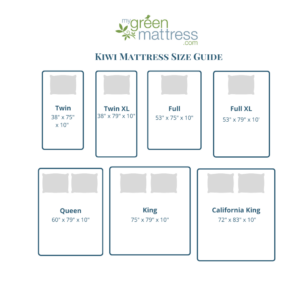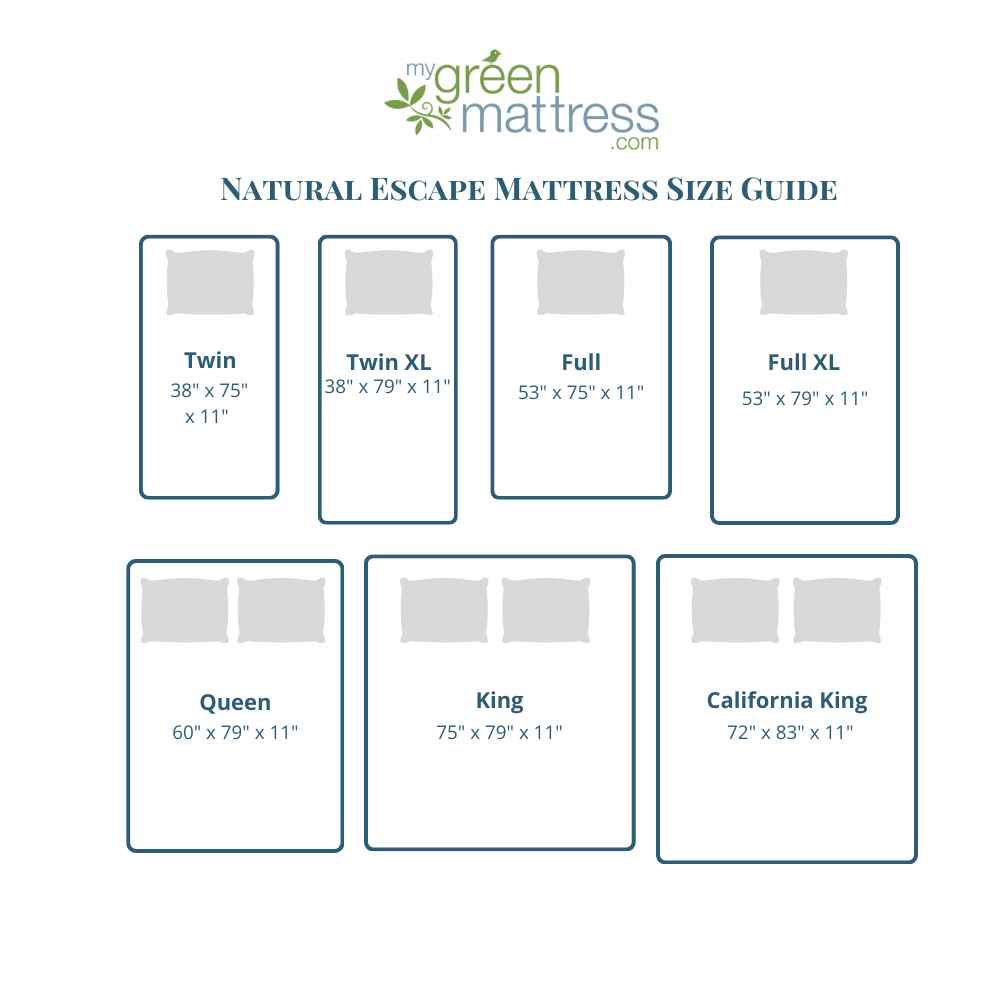No matter how hard we try, most adults don’t get enough sleep. Over time, the effects of sleep deprivation can build up and make you miserable the following day. Not only is your body tired, subject to real aches and pains, but you’re likely to feel mentally and emotionally tired, too.
What’s keeping us awake at night?
Some common causes of getting a poor night’s sleep include: a crying baby, taking care of sick child or partner, travel plans, and worries about your business, new job or other life change. On top of these stressors, health problems also can contribute to poor sleep.
Consequences of sleep deprivation
If you’re used to getting a certain amount of sleep every day, a sleepless night can wreak havoc on your mind, body, and mood. Not getting enough sleep can also affect memory and cognition. You feel bogged down, your eyes feel droopy, and all you want to do is take a nap. Consider trying some of these recommendations through out your day.
Drink Water
If you normally drink coffee in the morning, having a cup as a pick-me-up usually won’t do you any harm. But going without water for 6-8 hours, whether you’re awake or asleep, is enough to leave you dehydrated by morning. If you didn’t sleep well, drinking water as soon as possible after waking up, and throughout the day, will help you feel less tired. Have an 8-ounce glass when you get up and then try to drink the recommended amount of water for your body frame by the end of the day.
Increase Light Exposure
Another tip for feeling more alert is to increase your exposure to light, whether it’s natural sunlight or artificial. Whenever you have a break, get outside for some fresh air and a change of scenery. Just a few minutes of sunlight can make a positive impact on your energy level.
Physical Activity
If you belong to a gym or work out on your own, the last thing you might want to do near the end of the day is exercise. But pushing through will keep you alert, release endorphins, and prepare you for a better night’s sleep. Studies show that even a little bit of exercise during the day can help you get more restful sleep.
Food Choices
When you’re tired, the last thing you might want to think about is cooking a meal. It’s tempting to want to fall back on unhealthy comfort foods. Instead, try to eat light foods that will give you energy, avoiding heavy carbs. A combination of protein and healthy fiber can fill you up without stuffing you and causing fatigue. Increase your water intake by eating fruits and vegetables.
Aromatherapy
Citrus scents are known for boosting energy. After your morning shower or bath, try an essential oil like peppermint, orange, or lemon. There are also oils to consider if you’re having trouble sleeping at night, which can help you avoid feeling tired tomorrow. Two of the most common are lavender and chamomile.
Keep these things in mind to improve the quality of your sleep, which is just as important as the amount. Life can get in the way, and often it’s difficult to get the recommended daily amount of sleep. If it’s not restful, you’ll still feel tired and unwell the next day.
A Final Tip:
Don’t underestimate the importance of sleeping on a high-quality mattress
We’re exposed to toxins and chemicals on a daily basis. While many environmental factors remain outside our control, you can choose healthy bedding for yourself and your family. Our non-toxic, green mattresses are made from all-natural and organic materials.
When you’re well-rested, you’ll feel the following benefits: productivity, a good mood, physical and emotional wellness, and mental alertness.









